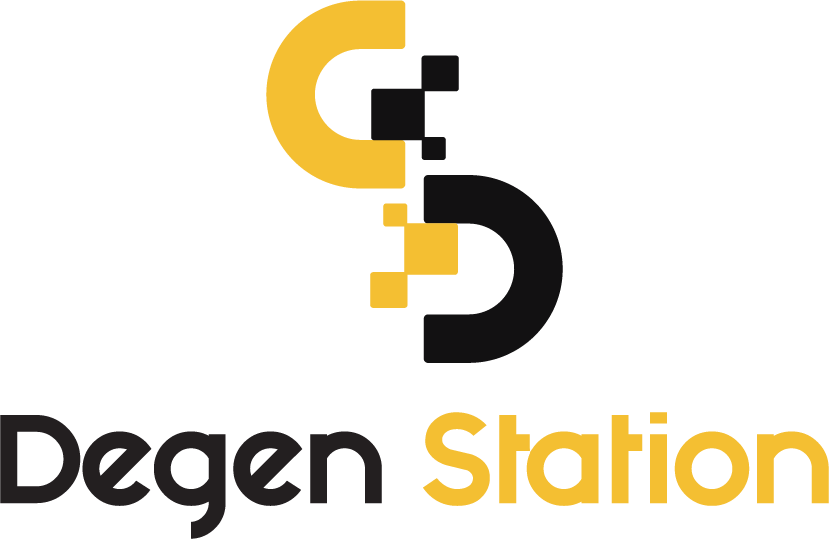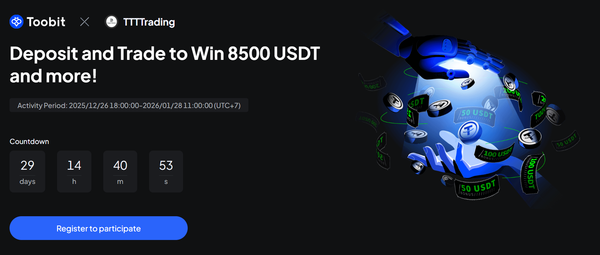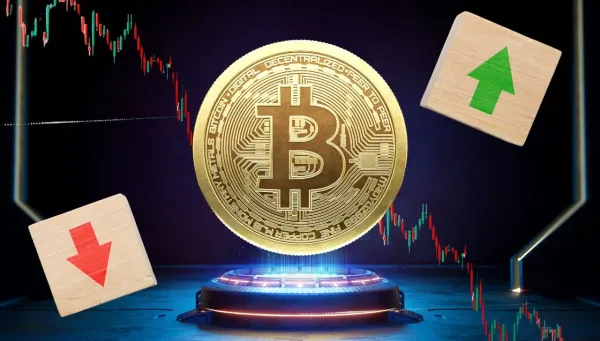Rollkit Enables Rollup Development on Bitcoin Infrastructure

Rollkit, a toolkit for building Rollups, has just announced a new module that enables projects to develop EVM-compatible scaling solutions directly on Bitcoin's blockchain infrastructure.

Rollkit Supports Rollup Development on Bitcoin Infrastructure
According to a recent Twitter post, Rollkit has introduced a module that allows Rollups to leverage Bitcoin’s infrastructure as a data provider.
You can now run a sovereign rollup on Bitcoin.
— Rollkit 🧮 (@RollkitDev) March 5, 2023
Announcing the first research integration of Bitcoin as a data availability layer for sovereign rollups. 🧵https://t.co/HpebxIz3fE
Note: Rollkit is an application interface developed by Celestia that allows projects to rapidly deploy Rollups while taking advantage of the data infrastructure provided by Celestia.

Rollkit's solution will leave Consensus and Data Availability responsibilities to Bitcoin’s base layer while focusing on Execution and developing the toolkit for Rollup construction for other projects.
Read more: Data Availability – The Bottleneck for Rollups on Ethereum
Interestingly, Rollkit mentioned that it has tested supporting EVM (Ethereum Virtual Machine) directly on Bitcoin’s consensus and data layer.
A byte of CALLDATA in ETH L1 is 16 gas. 360kb = 5,760,000 gas. Current gas cost is 15 gwei. 5,760,000 * 15 = 86,400,000 gwei = 0.0864 ETH = 140 bucks.
— Eric Wall | BIP-420😺 (@ercwl) January 29, 2023
$20 vs $140, 7x difference. https://t.co/1skiffb7Cq
This announcement has sparked a fresh wave of debate within the Twitter crypto community, reminiscent of the discussions that followed the launch of the Ordinals NFT collection. Whether Bitcoin should function as a DApp ecosystem and support NFT collections remains a heated topic.
A "sovereign rollup on Bitcoin" is actually an alt L1 that stores its block data on Bitcoin. It's not a real rollup or a real L2.
— Ryan Berckmans ryanb.eth (@ryanberckmans) March 5, 2023
imo, the best way for us to fight back against these lies is to build an Ethereum zk L2 that puts its data on Bitcoin. https://t.co/QqLlik3dCY
Read more: Bitcoin NFTs and the Controversy Over Bitcoin’s Network Role
Regarding gas fees for posting data on Bitcoin, Eric Wall shared a calculation showing that using Bitcoin for data is seven times cheaper than on Ethereum. This tweet has sparked considerable debate and counterarguments.
Ryan Berchmans, on the other hand, argued that the idea of a “Rollup on Bitcoin” is meaningless and is merely about posting block data on Bitcoin rather than representing a revolutionary solution.
“Rollup on Bitcoin is essentially a Layer-1 alternative trying to post its block data on Bitcoin. It is not a true Layer-2 solution. To demonstrate this falsity, the best approach is to build an L2 solution with Zero-Knowledge technology and then post the data on Bitcoin.”
The debate over Bitcoin’s usage and role is unlikely to resolve anytime soon, especially as NFT activities and supporting technologies shift focus towards this seemingly “outdated” yet fundamentally robust blockchain.





